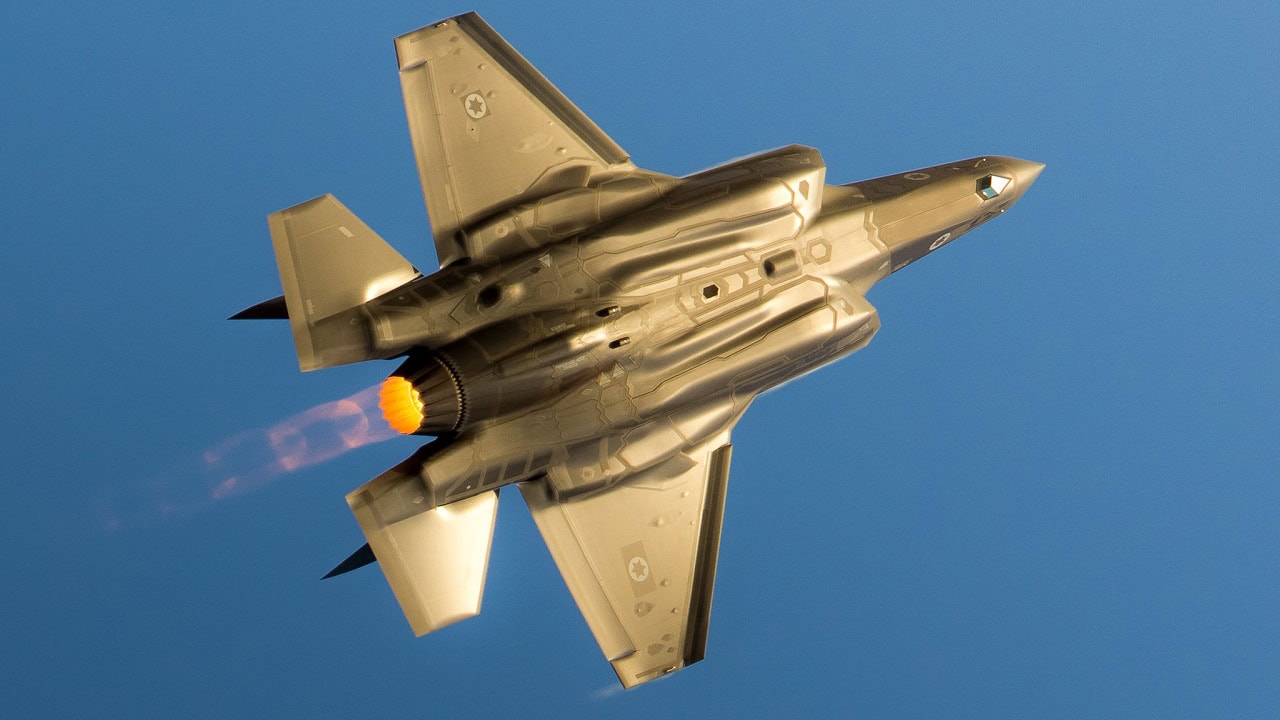Israel Assault On Iranian Nuclear Sites Unlikely: Israel is prepared for Iran’s inevitable attainment of nuclear weapons technology and an atomic breakout; however, political calculations make an attack difficult, if not impossible, in the near term.
What Will Israel Do?
A senior Israeli official told Axios that Israel would strike Iran should it determine that the Iranians had enriched their uranium to a 60% level.
The International Atomic Energy Agency (IAEA) estimated that Iran has obtained 87.5 kilograms in a February report. It stated that Iran could build a single nuclear weapon if it reached 90% enrichment. IAEA is investigating the Fordow underground nuclear facility where Iran had enriched a small amount to 84% purity.
“Iran has been purifying uranium fuel for 10 years. It is worrisome. We can’t know yet if they are doing it or not. There will be more checks by inspectors. My organization prevents nuclear experiments but is not involved in where they purify it,” she said. “If the report by the IAEC about finding in Iran uranium enriched to the level of 84% is indeed accurate, then in theory, the Ayatollah regime already has nuclear fuel suitable for making a bomb. It will be less effective than a quality bomb, but certainly possible,” Israeli nuclear expert Naama Charit Yaari told the Jerusalem Post.
Locked and Loaded?
Last May, Israel’s air force carried out its first large-scale exercise to practice hitting all of Iran’s nuclear sites.
The Jewish state has been practicing ways of hitting these sites, which are hidden deep underground.
It will also have to practice for Iran’s inevitable retaliation against Israel. Iran’s terrorist proxies would more than likely launch a barrage of rockets and missiles fired by its terrorist proxies in Lebanon and Gaza in response.
The exercise took place in the Mediterranean Sea and included long-range aerial refueling and striking simulated targets.
According to Israel’s Channel 13, the exercise included more than 100 aircraft and Israeli navy submarines. Israeli Dolphin class submarines are believed to have been fitted with a vertical-launch system (VLS) to fire cruise missiles at targets. The Israelis have kept their submarine capabilities as a closely guarded secret.
What Will Israel Do?
The Left-leaning Israeli newspaper Ha’aretz expressed skepticism as to whether or not Israeli Prime Minister Benjamin Netanyahu would strike Iran’s nuclear facilities. It notes that Israel’s air force has never carried out anything as complex as the air campaign needed to neutralize Iran’s nuclear capabilities.
The 1981 attack against the Osirak reactor in Iraq that effectively neutralized Iraq’s nuclear program involved an attack on a single target. The same was true of Israel’s attack on a Syrian nuclear reactor in 2007.
The strikes needed to defeat Iran’s capabilities would require coordination with the United States, and U.S.-Israeli relations have deteriorated since Netanyahu returned to the prime minister’s office in December. The Biden administration likely would not allow the U.S. Air Force to help Israel in the current political climate.
“Operational capabilities are just part of the decision on whether to attack Iran. For this to happen, complete coordination with the United States is required, as is the general consent of the public and great trust between the political and military leaders. Social cohesion and steadfastness are needed if a war with Hezbollah ensues, as is a total focus by the air force and Military Intelligence,” Ha’aretz said. “But all this has deteriorated since the Netanyahu government took over in late December as it rushes to overhaul the judiciary. This ruins the credibility of the threat to destroy Iran’s nuclear facilities.”
MORE: Video – Ukraine Has Massive New NATO ‘Cannon’ Ready To Fight Russia
MORE: ‘Americans Will Pay The Price’: One Democrat Is Angry At Joe Biden
MORE: Could Joe Biden Get Impeached?
John Rossomando was a senior analyst for Defense Policy and served as Senior Analyst for Counterterrorism at The Investigative Project on Terrorism for eight years. His work has been featured in numerous publications such as The American Thinker, Daily Wire, Red Alert Politics, CNSNews.com, The Daily Caller, Human Events, Newsmax, The American Spectator, TownHall.com, and Crisis Magazine. He also served as senior managing editor of The Bulletin, a 100,000-circulation daily newspaper in Philadelphia, and received the Pennsylvania Associated Press Managing Editors first-place award in 2008 for his reporting.

